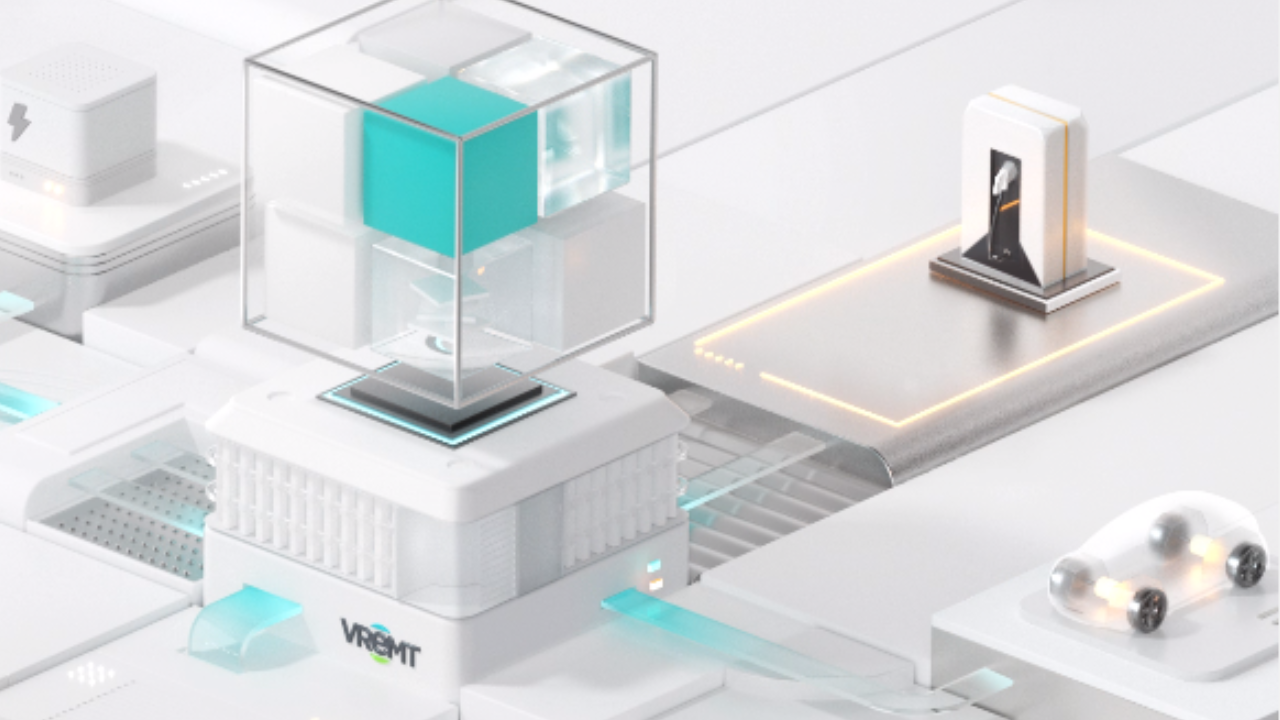Lithium-ion batteries are the backbone of electric vehicle (EV) energy solutions, facilitating the transition to more sustainable and environmentally friendly transportation. These unique energy storage devices stand out for their high energy density, endurance, and efficiency, making them an attractive solution for electric mobility. The cathodes and anodes in lithium-ion batteries encourage the passage of ions, storing and releasing energy efficiently.
As EVs grow in popularity, advances in lithium-ion battery technology are critical for increasing driving ranges, decreasing charging times, and improving overall performance. Visit the official site of VREMT to learn more about energy solutions. The widespread use of lithium-ion batteries drives the expansion of the electric vehicle market and plays a vital role in lowering greenhouse gas emissions.
Role of Lithium-Ion Batteries in Electric Vehicle Energy Solutions
Lithium-ion batteries have emerged as the driving force moving electric vehicles (EVs) to the forefront of the automotive industry in the paradigm shift toward sustainable mobility. This thorough book delves into the chemistry, applications, continuous improvements, and disruptive influence lithium-ion batteries have on transforming the landscape of clean and efficient mobility.
Lithium-Ion Batteries in Electric Vehicles
Powering Propulsion
Lithium-ion batteries are electric vehicles' principal energy storage devices, supplying the electrical power required to operate the car. As the EV industry grows, advances in battery technology aim to boost energy density, decrease charging times, and improve the overall efficiency of these power sources.
Charging Infrastructure Compatibility
Lithium-ion batteries' adaptability extends to their interoperability with diverse charging infrastructures. Standard household outlets (Level 1 chargers), dedicated charging stations (Level 2 chargers), and rapid charging stations (Level 3 or DC fast chargers) can all be used to charge lithium-ion batteries in electric vehicles. This versatility aids in the mass adoption of electric cars by offering consumers various charging options tailored to their specific demands.
Range and Endurance
The capacity and energy density of the lithium-ion batteries that power electric vehicles are inextricably linked. Ongoing research and development efforts are aimed at boosting the energy density of these batteries, expanding the range of electric cars, and reducing range anxiety—a critical concern for potential EV consumers.
Advancements in Lithium-Ion Battery Technology
Solid-State Batteries
The development of solid-state batteries is a promising frontier in lithium-ion battery research. Solid-state batteries, as opposed to standard lithium-ion batteries with liquid electrolytes, use solid electrolytes, which improve safety while potentially increasing energy density. Although they are still in the research and development stage, solid-state batteries have the potential to overcome safety problems connected with liquid electrolytes while also unlocking new levels of performance for electric vehicles.
Alternative Materials
Researchers are investigating alternate materials for lithium-ion batteries to increase performance, lower costs, and solve worries about lithium availability. Sodium-ion, magnesium-ion, and other post-lithium technologies are being researched as viable alternatives to develop more sustainable and ecologically friendly battery solutions.
Impacts on Sustainability and Environmental Considerations
Greenhouse Gas Emission Reduction
Lithium-ion battery-powered electric vehicles help reduce greenhouse gas emissions associated with traditional internal combustion engine automobiles. The environmental benefits of electric vehicles are increasing as the energy sector moves to renewable sources, positioning lithium-ion batteries as enablers of cleaner transportation.
Recycling and Circular Anatomy
Recycling lithium-ion batteries is gaining popularity due to environmental concerns over battery disposal. Setting up efficient recycling methods guarantees the recovery of valuable materials while lowering the environmental impact of battery production. The concept of a circular economy, in which resources are reused and recycled, is consistent with sustainable lithium-ion battery life cycle practices.
Sum Up
Lithium-ion batteries are the foundation of electric vehicle (EV) energy solutions, providing excellent energy density, efficiency, and versatility to EVs. Their electrochemical principles allow for longer driving ranges as well as compatibility with a variety of charging infrastructures. Continuous improvements, such as solid-state batteries and alternative materials, are critical in enabling a sustainable future of clean and efficient mobility.


